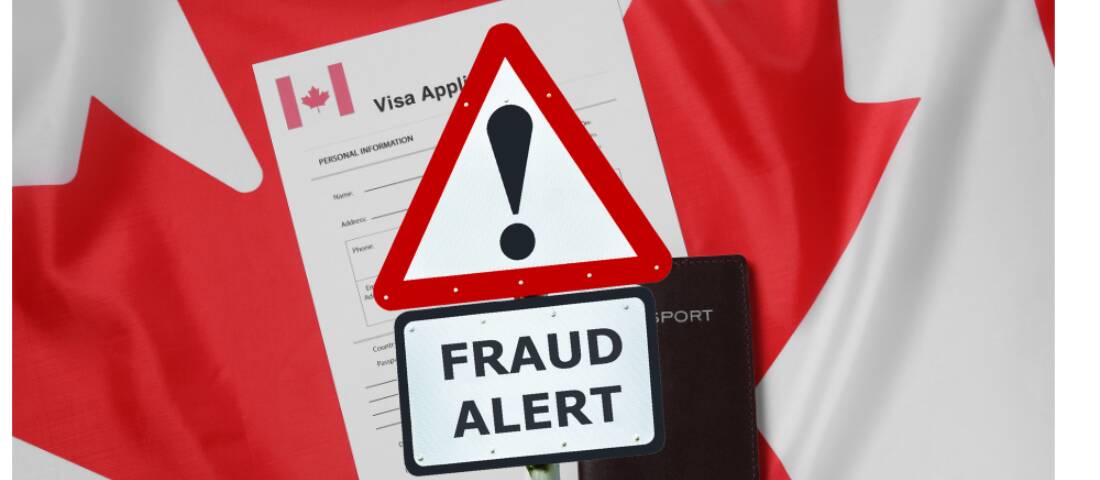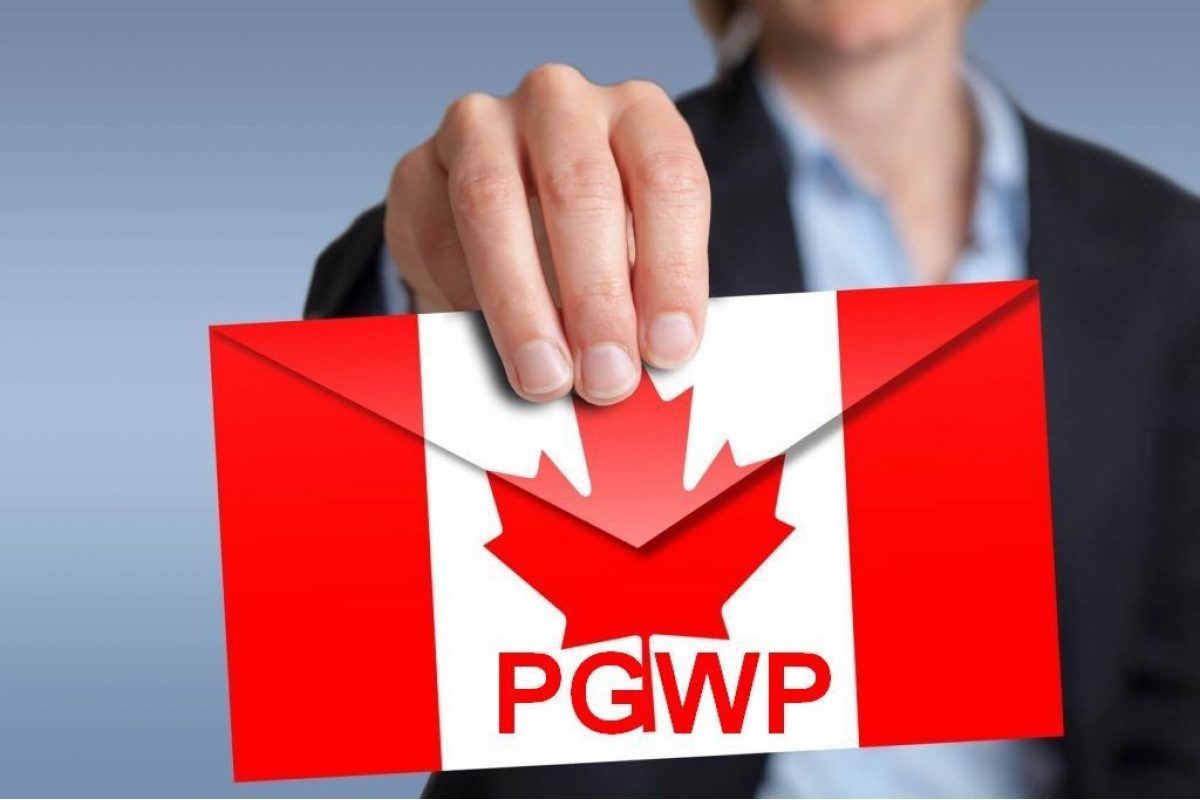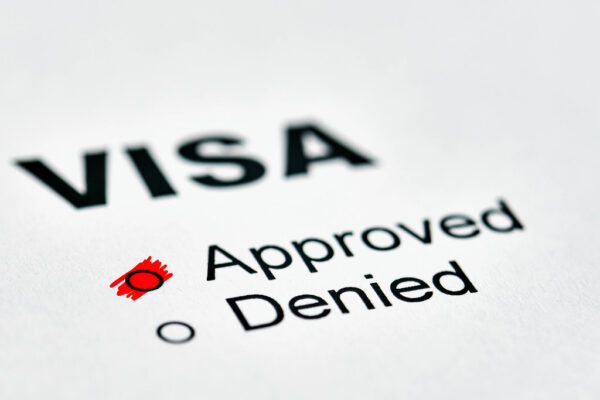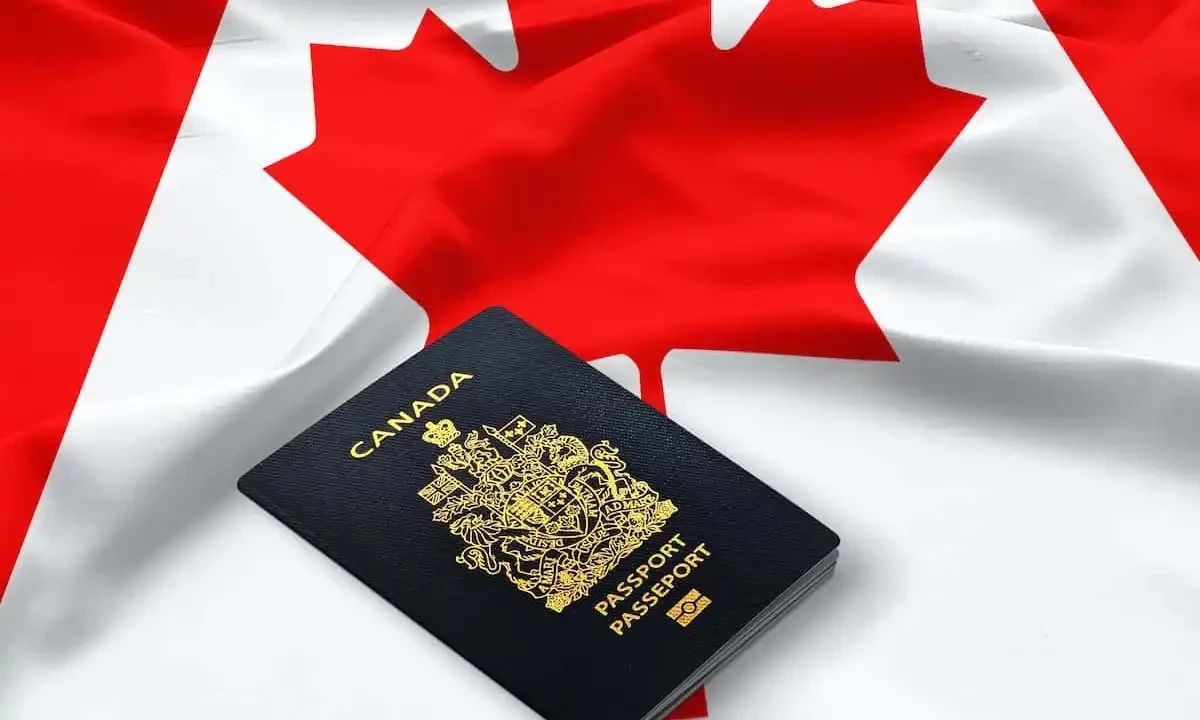Moving to a new country may come with many exciting opportunities, but it also means learning how to navigate a different financial system. Understanding how to keep your personal information and finances secure is a step you may wish to take upon arrival here.
This article can help you recognize common types of financial fraud and share simple ways to protect yourself as you build your new life in Canada.
What is financial fraud?
Financial fraud occurs when someone deceives you in order to access your money or financial information. It can take many forms, but at its core, it relies on taking advantage of a person’s trust. As a newcomer to Canada, you may be unfamiliar with certain scams or financial practices, making it easier for fraudsters to target you. Knowing what to watch for may help you protect yourself from these types of risks as you settle into your new home.
What types of fraud occur in Canada? Here are some of the “scams” newcomers may face:
- Rental Scams[1] – Finding a place to live may be a top priority when you arrive in Canada, but you should be cautious of fake rental listings. Scammers may advertise properties they don’t own, claiming to be unavailable for in-person viewings. The pictures posted online may not match the property or may appear to be from multiple different properties. They often ask for a deposit or first month’s rent upfront and disappear once they receive the money.
- Phone Scams[2] – Unfamiliarity with how Canadian government agencies operate may make phone scams harder to spot. Fraudsters may pose as representatives from the Canada Revenue Agency (CRA) or other official organizations, demanding supposed debt. Some may even use threats to pressure you into acting quickly.
- Immigration Consultant Scams[3] – If you need help with your immigration process, choosing a trustworthy consultant is important. Some fraudulent consultants take payment but fail to provide promised services, such as job offers or citizenship paperwork. Before hiring anyone, research their credentials and check official Canadian registries to confirm they are legitimate.
Helpful tips to help safeguard your personal and financial information:
- Be mindful when shopping online[4] – Before making a purchase, take a moment to review the website’s reputation, customer feedback, and refund policies. This may help you avoid unreliable sellers.
- Think before you share personal details[5] – Be selective about sharing sensitive information such as your birthdate, phone number, or address, especially with people or businesses you don’t know well.
- Pause before acting on urgent requests – Scammers often pressure people to make quick decisions. If something feels rushed, take a step back, consult someone you trust, and do a little research before proceeding.
- Be cautious with emails and links[6] – If you receive an unexpected email from an unknown sender, avoid opening attachments or clicking links, as they may lead to harmful sites. Scammers often impersonate reputable businesses to disguise their emails.
- Keep passwords private[7] – Use strong, unique passwords, and avoid sharing them with anyone. Also, avoid entering passwords on public or shared devices.
Steps to Take if You Suspect Fraud:
If you think you may have been affected by fraud, acting quickly may help limit any impact. Here are some steps to consider:
- Notify your bank or credit card provider[8] – If your account or card details have been compromised, reach out to your financial institution as soon as possible, contacting the number listed at the back of your access card. They may help secure your account, issue a new card, and monitor for any suspicious activity.
- Report the fraud[9] – Contact your local police and the Canadian Anti-Fraud Centre, which gathers information on scams and fraud cases. They may offer guidance on what to do next and also prevent others from becoming a victim.
What TD Bank Will Not Ask You:
Knowing what financial institutions like TD Bank will not ask may help you recognize potential fraud. TD Bank will never:
- Call you to request personal information over the phone
- Ask for remote access to your computer
- Instruct you to transfer money as part of an investigation
- Tell you to purchase gift cards
- Encourage dishonesty in any way or to keep a secret
- Rush you in to doing something
If you need assistance or suspect fraud on your TD account, don’t hesitate to reach out for support. Visit us here to learn more.
Staying informed and cautious may help you protect your finances and personal information. If something doesn’t feel right, take a moment to pause, ask questions, and reach out for support when needed.
Questions to Ask the Interviewer[2]
- Having a few questions prepared for the end of the interview shows interest in the job and the company. Here is where you can demonstrate you have done your homework and also considered the type of work environment best suited to you. Some options include:
- “Can you tell me more about the workplace culture?”
- “What training or growth opportunities are available?”
- “What are the expectations for this role in the first few months?”
These questions may also help you learn more about the company and whether the role is a good fit.
Following Up[1]
- Sending a Thank-You Email
A short email within a day of the interview thanking the interviewer for their time may leave a good impression. You may wish to reinforce the reasons you think you may be a good fit based on the conversation that took place during the interview. - Following Up on Your Application
If you have not heard back within a week, a polite follow-up email can show continued interest in the position. - Requesting Feedback
If you do not get the job, it may be a good idea to ask for feedback. Candid remarks from the interviewer may give you valuable insights – and help improve your approach for future interviews.
With preparation and practice, job interviews can feel more manageable. Taking time to get ready and present yourself professionally can make a strong impression on potential employers.
In Canada, your credit history plays an important role in many financial decisions. Credit cards might be one of the easiest ways to start building your credit profile.
How your credit history affects your finances:
Lenders, landlords, and even some employers may assess your credit history to evaluate your financial reliability. A good credit score could help you qualify for loans, secure lower interest rates, or rent a home.
Building your credit score: tips for responsible credit card usage[3]:
- Do: Make payments on time.
- Do: Keep your credit use low—aim to use less than 30% of your available limit.
- Don’t: Max out your credit card or miss payments, as these could harm your credit score.
Some Benefits of Credit Cards for Newcomers:
In addition to building a strong credit history, credit cards offer several features that might help newcomers like you[4]:
- Earning Perks and Rewards:
Many credit cards offer rewards programs, including cashback, travel rewards, or points redeemable for discounts. For instance, you might earn points for every dollar spent, which could then be used for perks such as flights, hotels, or gift cards. - Insurance Features[5]:
Some credit cards come with built-in insurance, such as travel insurance, purchase protection, or extended warranties.
Discover TD’s Credit Card Offerings for Newcomers:
TD Bank offers a range of credit cards[6] designed to suit different needs – including some you may have as a newcomer. Whether you’re looking for a card with no annual fee, one with cashback rewards, or a travel-friendly card, TD might have an option that works for you.
Some popular TD credit cards include:
- TD Cash Back Visa* Card: Earn Cash Back Dollars. Redeem them to help pay down your Account balance[7]
- TD Rewards Visa* Card: Earn TD Reward Points on all the things you normally do, whether you use your card for groceries, dining, or paying bills.
- TD® Aeroplan® Visa Platinum* Credit Card: Start earning Aeroplan points that you can share with loved ones on all your Purchases made with this card.
- Additionally, TD offers tools like TD Credit Card Payment Protection[8], which could help safeguard your financial health in case of unforeseen circumstances.
Canadian credit cards don’t have to be intimidating. They may be a valuable tool for newcomers, offering convenience, perks, and an opportunity to build credit history. By understanding how they work and using them responsibly, you may tap into their benefits and avoid unnecessary fees.
Why Choose TD?
150 years helping Canadians:
TD has a proud history of delivering financial solutions to Canadians for more than 150 years. TD also brings a century of experience helping newcomers navigate the unique challenges of the Canadian banking system.
With over a thousand branches, and the ability to also serve you in more than 80 different languages, TD has become one of the largest and most trusted banks in Canada, now serving 16 million Canadians.
TD offers online support and resources of interest to newcomers on topics such as banking basics, moving to Canada, credit score essentials, and more. TD is open longer hours for your convenience and has thousands of ATMs across Canada to help you take care of your everyday banking needs quickly and easily.
Ready to Bank?
Learn more about TD New to Canada Banking Package today. Book an appointment to talk with a TD Personal Banking Associate about the TD New to Canada Banking Package. You can book online right away, or visit the TD website to learn more.
Legal Disclaimer:
Information provided by TD Bank Group and other sources in this article is believed to be accurate and reliable when placed on this site, but we cannot guarantee it is accurate or complete or current at all times. The information in this article is for informational purposes only and is not intended to provide financial, legal, accounting or tax advice, and should not be relied upon in that regard. This information is not to be construed as a solicitation to buy. Products and services of the TD Bank Group are only offered in jurisdictions where they may be lawfully offered for sale. All products and services are subject to the terms of the applicable agreement. The information in this article is subject to change without notice.
® The TD logo and other TD trademarks are the property of The Toronto-Dominion Bank or its subsidiaries.





